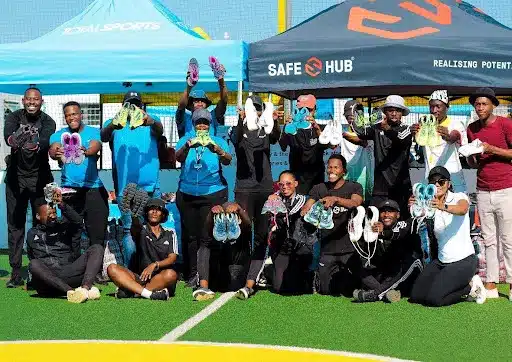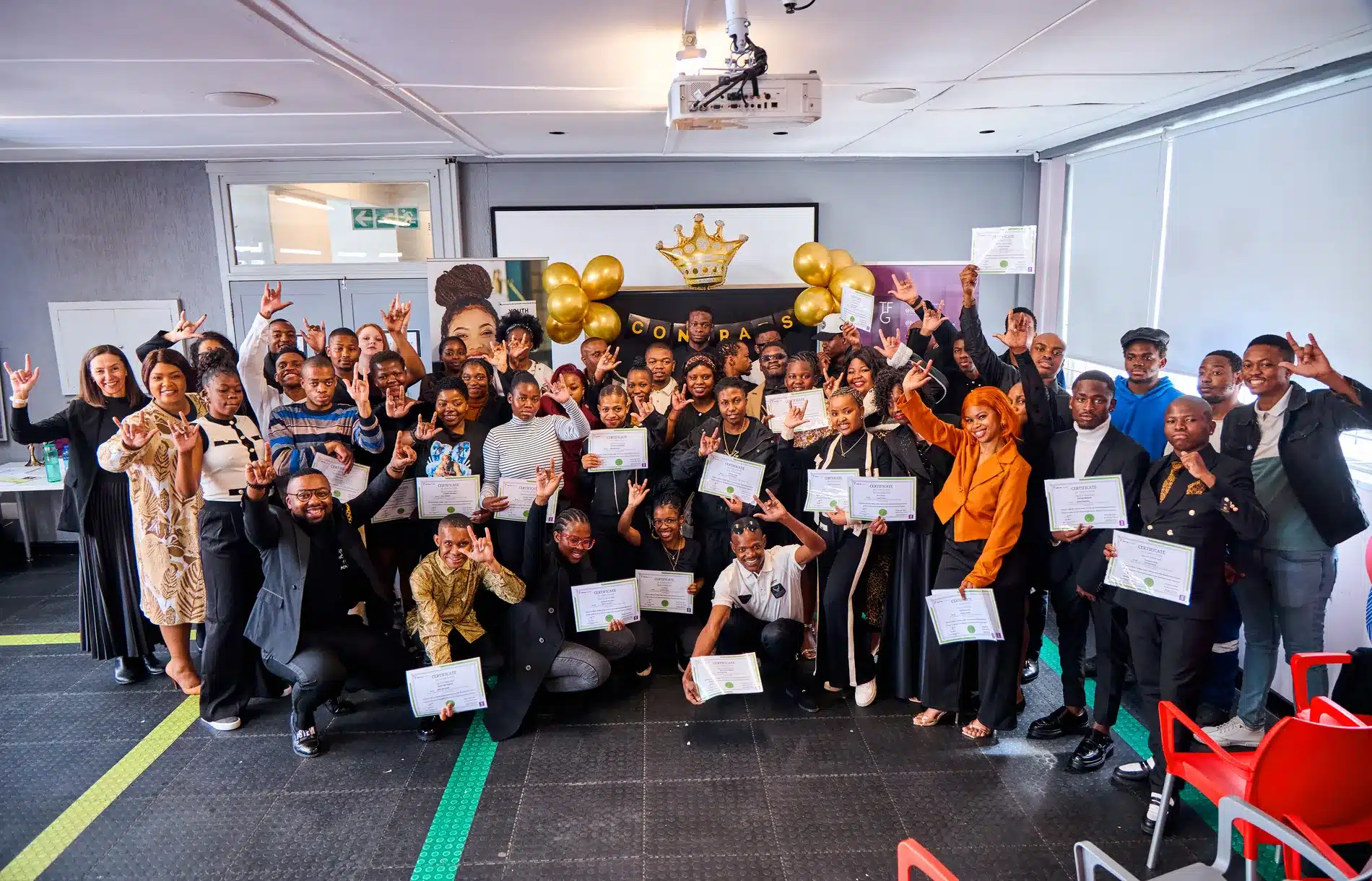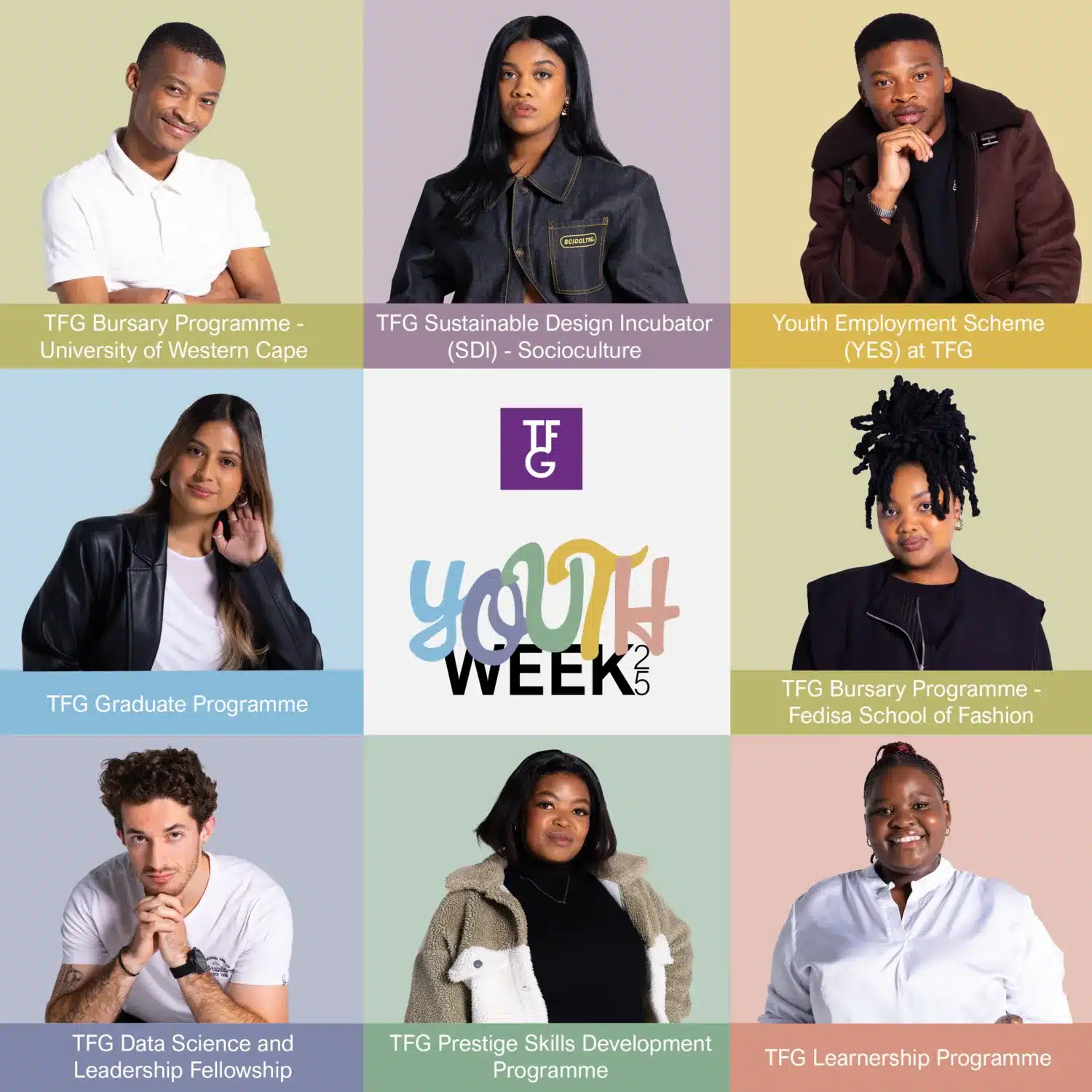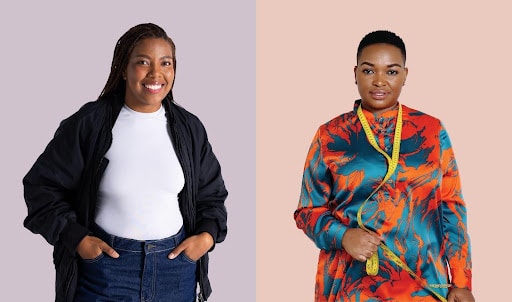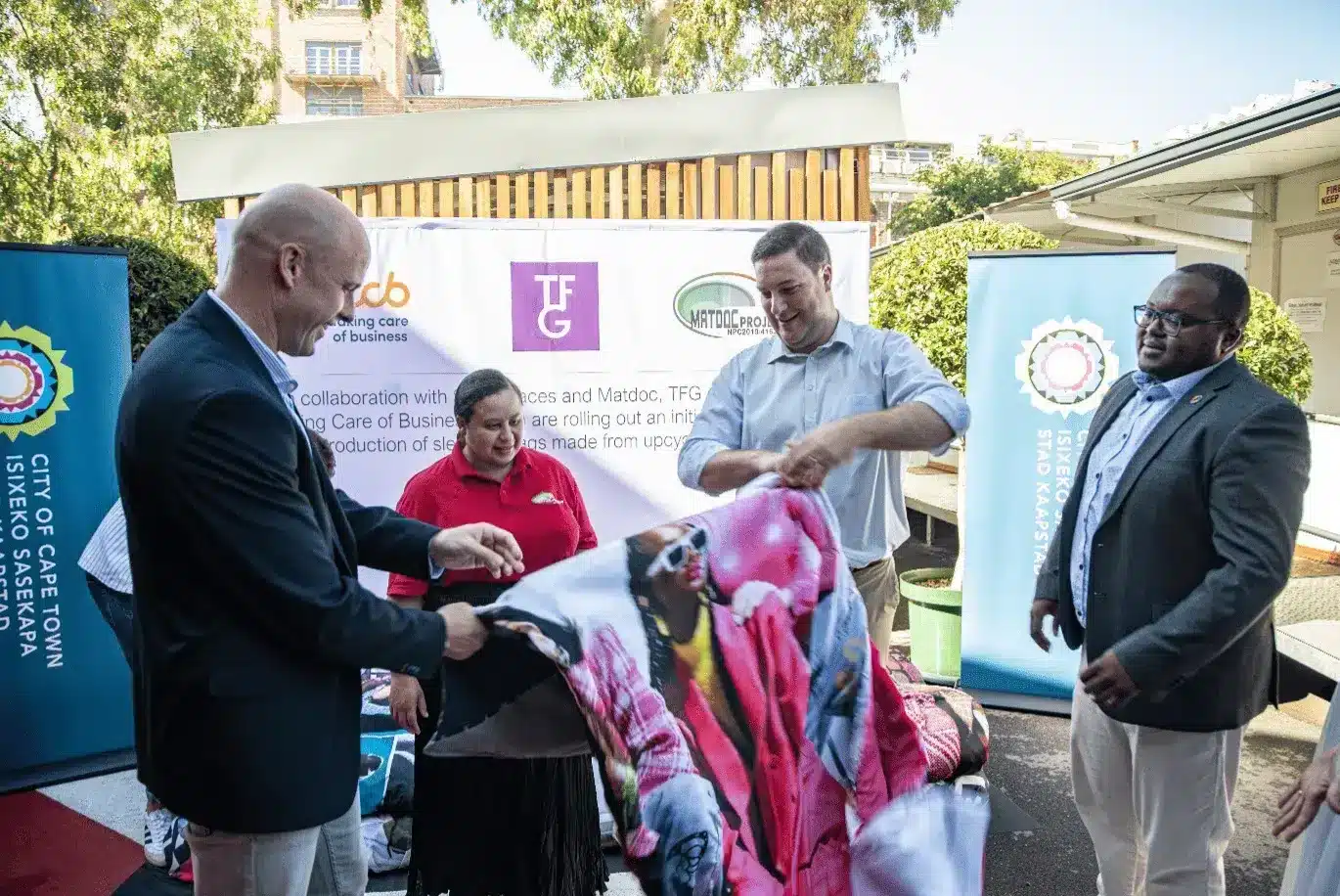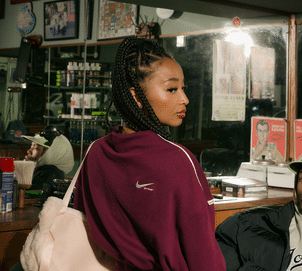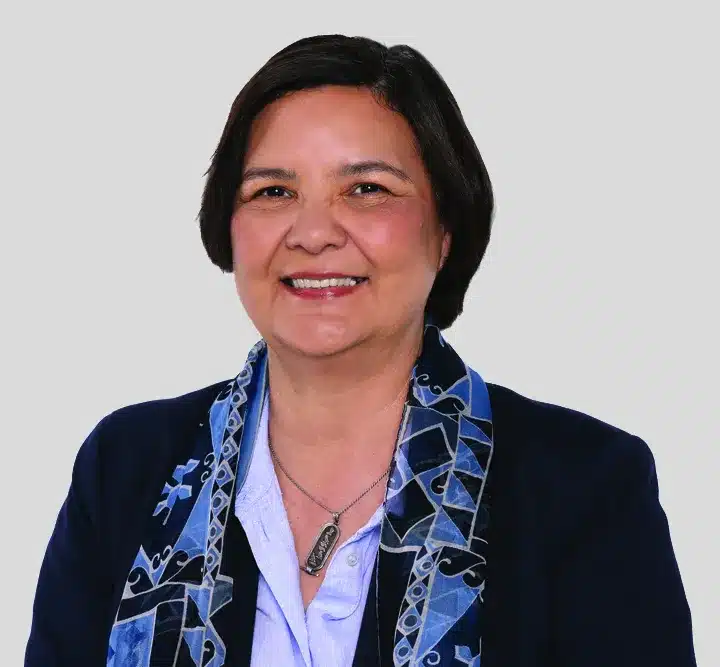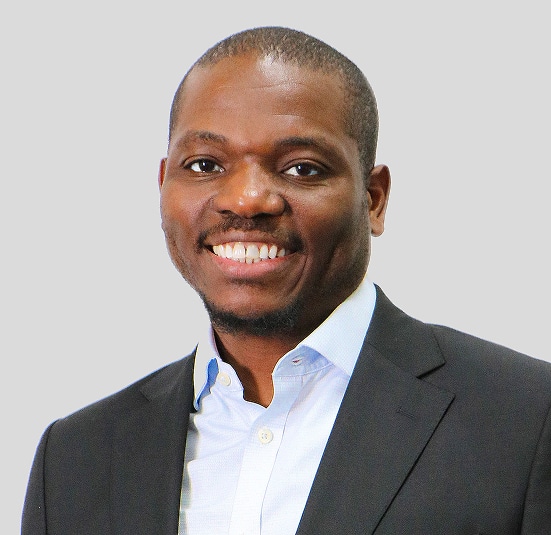At the heart of each of the Safe-Hub lies The EduFootball programme focused on 5-10 year olds, 11-16 and 17+, which was created as a safe space to foster important life-skills amongst communities of young people.
Young people from Philadelphia, Khayelitsha, Gugulethu Manenberg, Diepsloot and Berlin are learning more than just technique, tactics and dribbling at these Safe-Hubs. Communication, motivation and dealing with setbacks is also instilled – both on and off the pitch.
Find out more about the Safe-Hub, visit www.safe-hub.org

